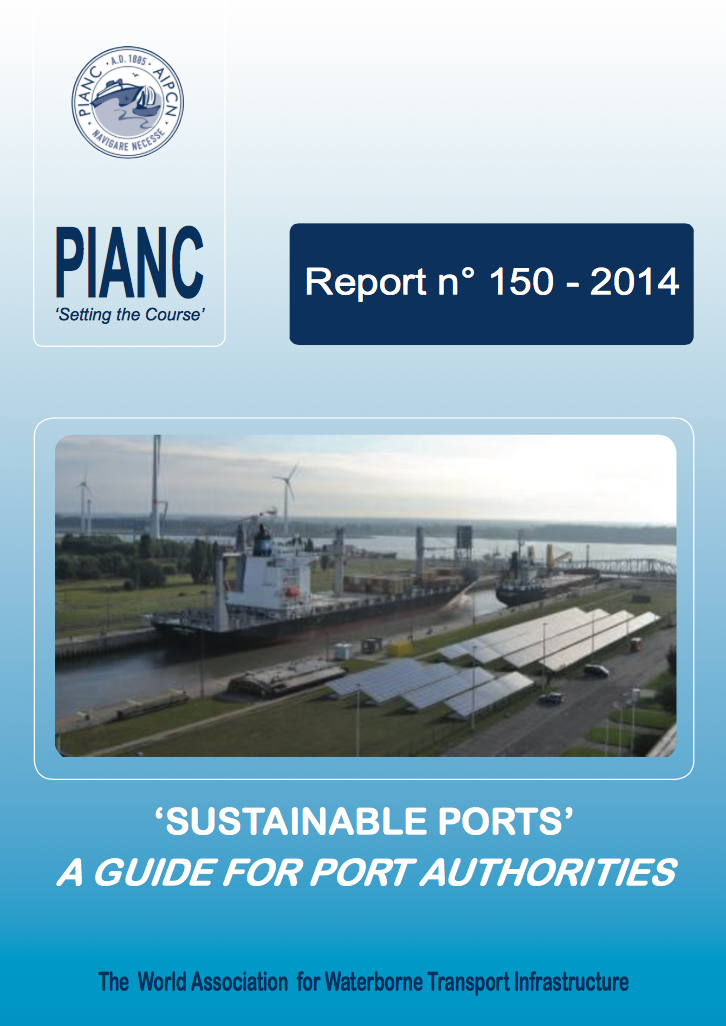The Role Of Civil Engineering In Developing Sustainable Ports And Harbors
I stumbled upon this interesting article about sustainable ports. It talks about the World Port Sustainability Program from PIANC and it got me thinking about the impact that ports have on our environment, especially in black communities. Many ports are located in or near black neighborhoods, and the pollution and environmental damage caused by these ports can have a significant impact on the health and well-being of black people.

But what is a sustainable port? According to the article, a sustainable port is one that is designed and operated in a way that minimizes its impact on the environment and local communities. This means taking steps to reduce air and water pollution, managing waste and energy more effectively, and mitigating the effects of climate change.
Frequently Asked Questions About Sustainable Ports
What Are the Benefits of Sustainable Ports?
Sustainable ports have a number of benefits, both for the environment and for the local communities. Some of the benefits include:
- Reduced air and water pollution
- Less noise and disturbance for nearby residents
- Lower energy costs
- Increased economic activity and job creation
- Improved public health and well-being
How Can Ports Become More Sustainable?
There are a number of steps that ports can take to become more sustainable, including:
- Installing renewable energy sources, like solar and wind power
- Implementing energy-efficient practices, like using LED lighting and optimizing truck routes
- Reducing waste through recycling and composting programs
- Using electric or hybrid vehicles for transportation around the port
- Partnering with local communities to address environmental concerns and promote sustainability
Are There Any Challenges to Creating Sustainable Ports?
Yes, there are certainly challenges to creating sustainable ports. Some of the biggest challenges include:
- The high initial costs of implementing sustainable technologies and practices
- The need for buy-in from all stakeholders, including port operators, community members, and government officials
- The potential for reduced profits in the short-term, due to increased costs and decreased efficiencies
- The challenges of adapting to changing global regulations and requirements
Conclusion
Sustainable ports are an essential part of creating a healthier and more equitable world, especially for black communities who often bear the brunt of environmental hazards and pollution. While there are certainly challenges to creating sustainable ports, through collaboration and commitment, we can create a more sustainable future for all.
What do you think of the World Port Sustainability Program? Do you think that sustainable ports are an important part of a more just world? Let us know in the comments!
Thank you for taking the time to read this article. If you'd like to learn more about sustainable ports and how they impact black communities, we encourage you to do your own research and share your findings with others. Together, we can create a better world for everyone.

Post a Comment for "The Role Of Civil Engineering In Developing Sustainable Ports And Harbors"